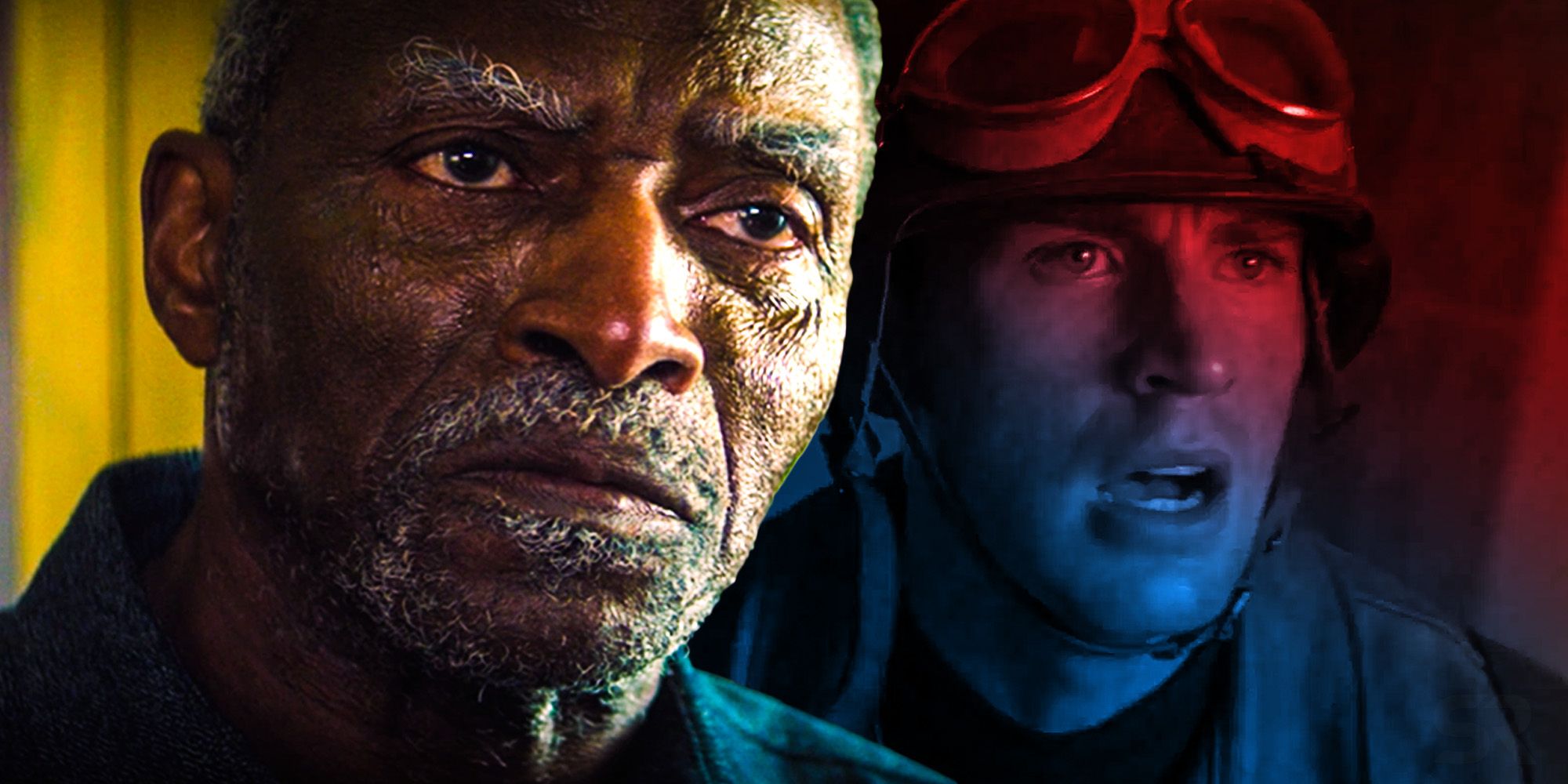
The Falcon and the Winter Soldier episode 5 goes into heartbreaking detail regarding the backstory of Isaiah Bradley (Carl Lumbly), and it highlights a painful distinction in the reality for three men who represented America in their own way. The show has immersed itself in social issues and political commentary in a way that no MCU property has done since arguably Black Panther, and it's certainly paying off. One of the biggest themes being explored has been the dangerous myth of American exceptionalism, and nowhere is it more evident than in the tragedy of John Walker (Wyatt Russell); a good soldier thrust into the role of Captain America but lacking the empathy, compassion, and moral fiber that made Steve Rogers (Chris Evans) a hero.
On the flip side of that issue is Sam Wilson (Anthony Mackie), Steve Rogers' close friend and Avenger who was saving lives as a counselor long before he became a superhero. Even though Steve entrusted the Captain America shield to Sam, the first five episodes of Falcon and Winter Soldier have shown him grappling with the weight of what it means to bear such a symbol, especially one with as tainted and bloodied of a history as the American flag. From the beginning, Sam's story has been less about him feeling unworthy of wielding the shield and more about what kind of implications a symbol like Cap's shield holds in the modern day.
While fans will have to wait until episode 6 to find out just how Sam makes his decision, the story of Isaiah Bradley is one that will certainly resonate with him. Bradley's story, while tragic and infuriating, is one that perfectly encapsulates how different the world treats Black men versus their white counterparts.
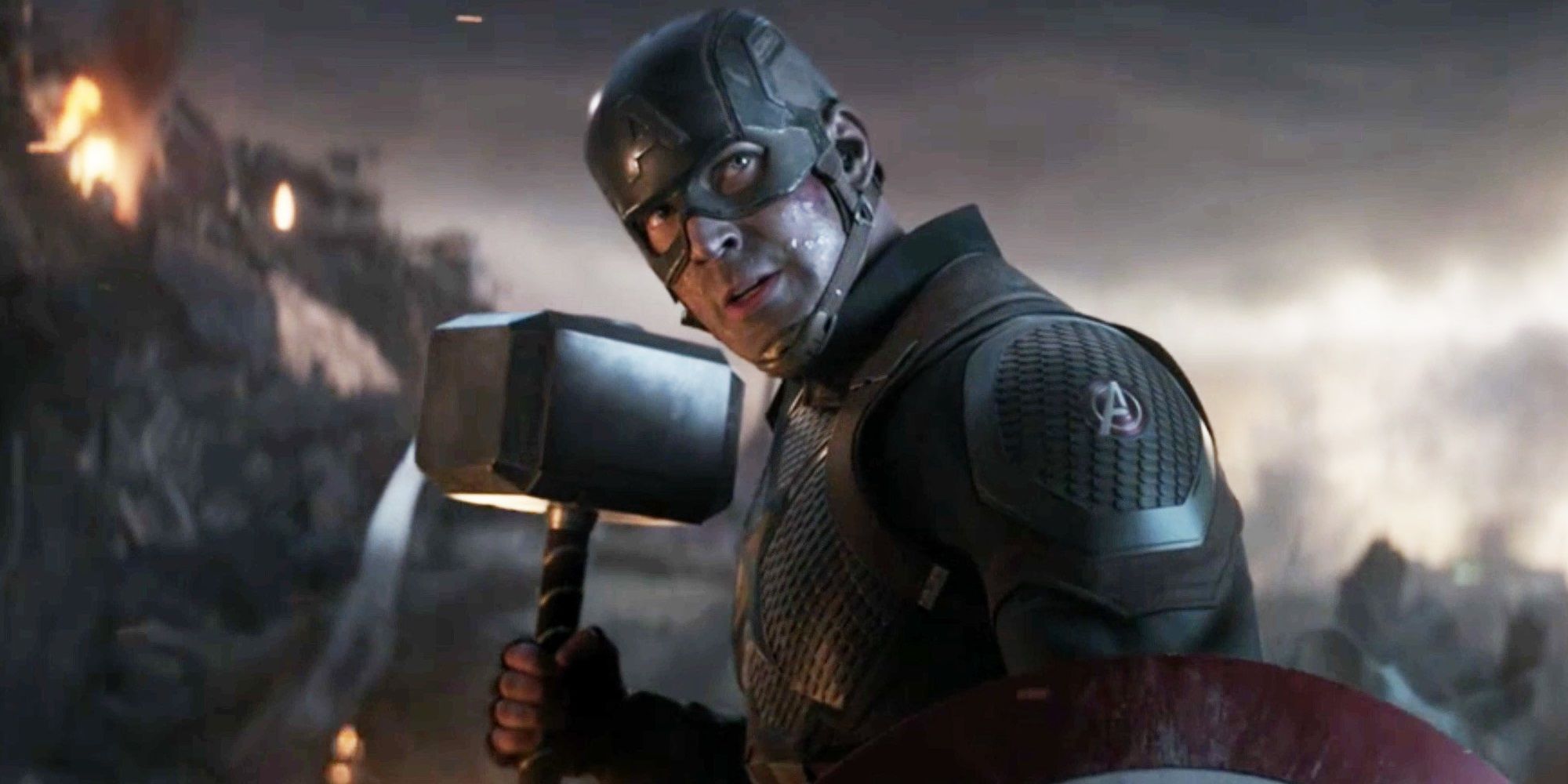
When Steve Rogers name comes up in the MCU, it's spoken with a reverence for who he was and the things he did. This is because he refused to allow himself to be the puppet that the American government wanted him to be. Shortly after he received the serum (and the untimely murder of Dr. Erskine), the idea of Super-Soldiers in active combat was shelved in order to prop up Captain America as a tool to boost American morale and drum up support for the war effort. However, Steve's decision to abandon this route and save a camp of POW's instantly brought him widespread recognition and earned him notoriety as a true American hero, a status that persisted throughout the war and well into the 21st century.
After waking up from the ice, however, Steve began to notice just how much the world had changed, and not necessarily just for the better. While the world at large still saw him as a hero, S.H.I.E.L.D. began treating him as a liability and someone who was unwilling to go along with their more sinister plans, which speaks to Steve's unwavering moral compass. Even after the remnants of Hydra that had infiltrated S.H.I.E.L.D. were destroyed, Steve never regained the full trust of the U.S. government, something that came to a head in Captain America: Civil War when the character chose to go on the run instead of compromising his beliefs.
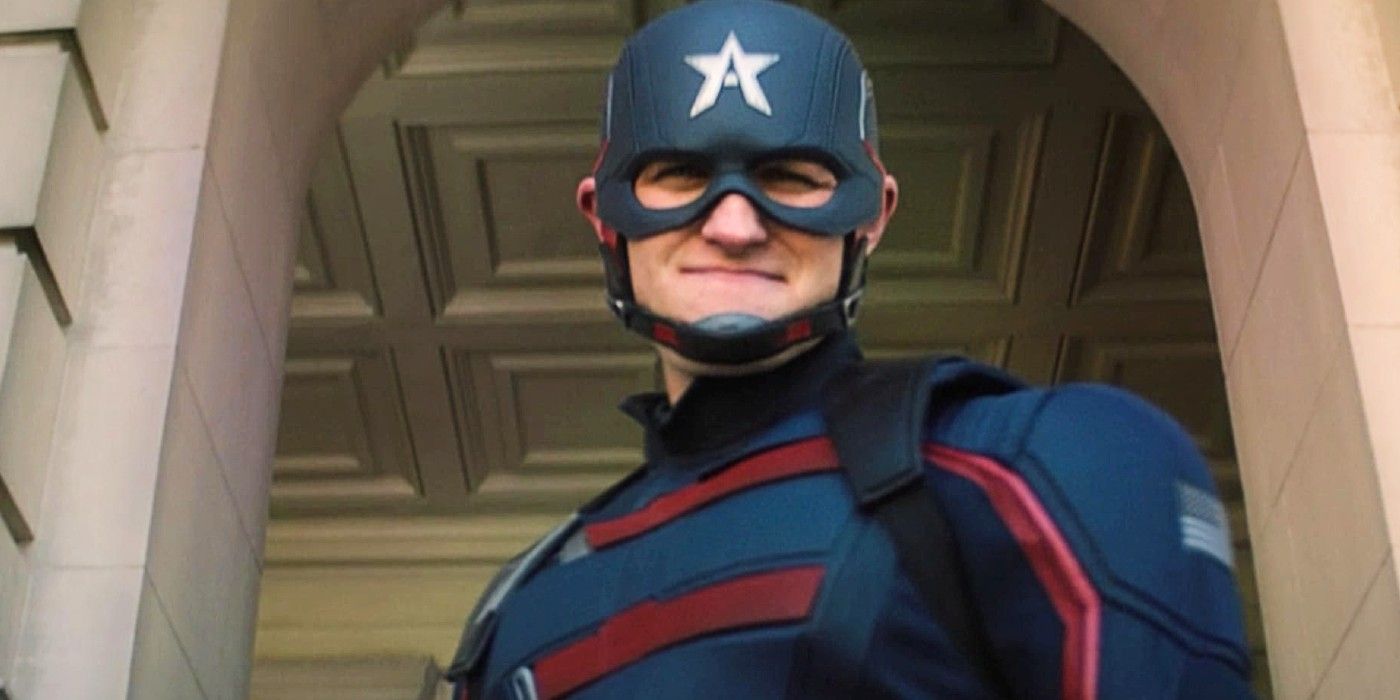
John Walker's version of Captain America was doomed from the start for a number of reasons, including his already inherently entitled and arrogant personality. Walker believed that being Captain America made him better than other people, and it's evident in the way he introduces himself as "Captain America" every time he gets the chance. But what made the situation even worse is the way his introduction was framed. Instead of allowing him to speak through his actions and dedication to justice, the U.S. government literally introduced him to the world as the perfect replacement for Steve Rogers - propping him up using his commendations and actions during wartime to make him seem like a great soldier.
However, all of this preliminary praise backfired terribly by going straight to Walker's head. With the world watching his every move and anticipating him to be as strong, brave, and (seemingly) infallible as Steve Rogers, his superiors were only setting him up for failure by allowing him to bask in the praise and expectations of America at large. Ultimately, episode 4 of the show came to a head with Walker's extra-judicial murder of one of the Flag-Smashers, proving that he was never the right man for the job simply because he was an American golden boy and a good soldier. Now, having been stripped of his title and dishonorably discharged by the government, the rest of the world at large is now forced to reckon with Captain America as a murderer and how that reflects on America's own bloody history.
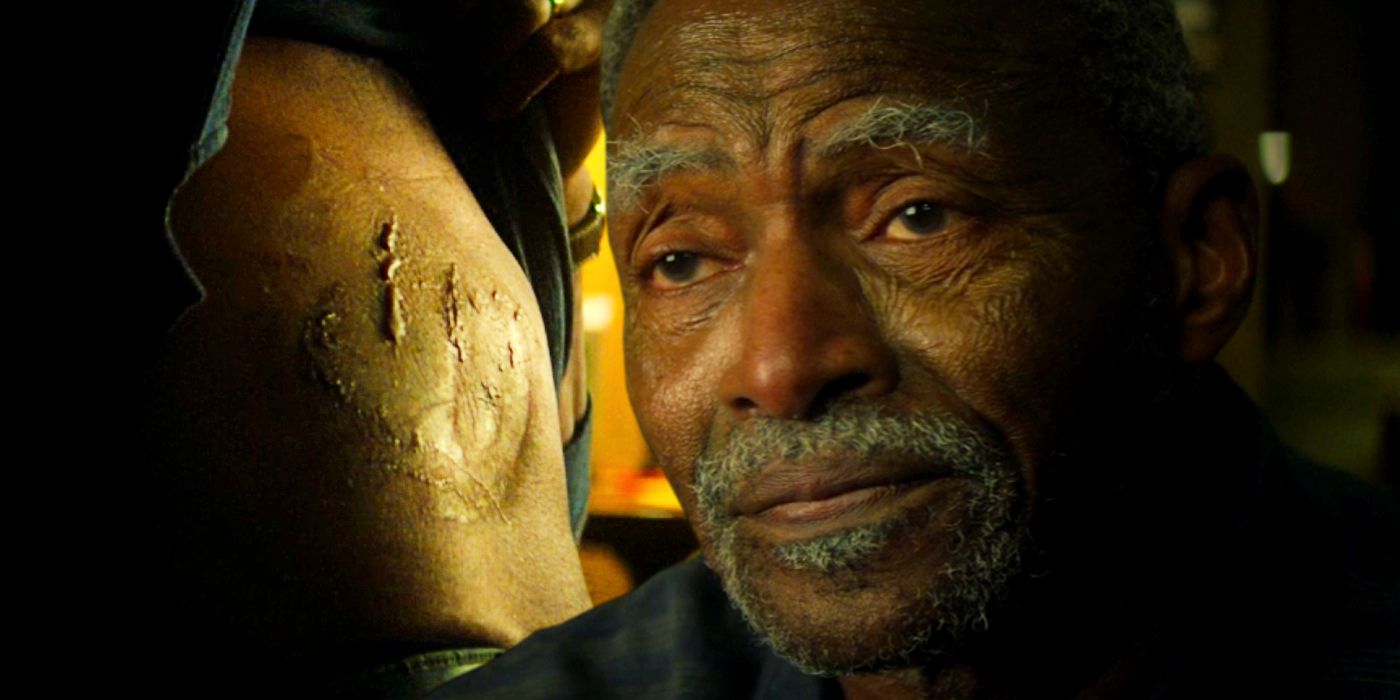
Introduced in the pages of the Marvel Comics series Truth: Red, White, and Black, Isaiah Bradley has finally made his MCU debut and his character is no less tragic on-screen than on the page. A Black veteran of the Korean War, Bradley was a member of a full Black regiment that was chosen to be test subjects for a new variation of the Super-Soldier serum, despite being lied to and told that what they were receiving was a tetanus shot. While most of the men died off due to complications from the serum, Bradley was the only one whose body could successfully handle the strain of the serum, something he exemplified when he broke out of his military encampment and went behind enemy lines to single-handedly save an entire camp of Black POWs...the exact same thing that Steve Rogers did during World War 2.
In a horrible display of sickening irony, instead of being commended or celebrated the same way that Rogers was after he disobeyed orders, Isaiah Bradley was imprisoned for nearly 30 years for his actions. If that wasn't horrifying enough, Bradley was routinely experimented on due to his exposure to the serum, something with disturbing parallels to the real life Tuskegee Syphilis Experiments. Stripped of his autonomy, his freedom, and arguably his will to live, Bradley never got the chance to be perceived as Captain America by the world at large; instead, the government ensured that he was simply forgotten.
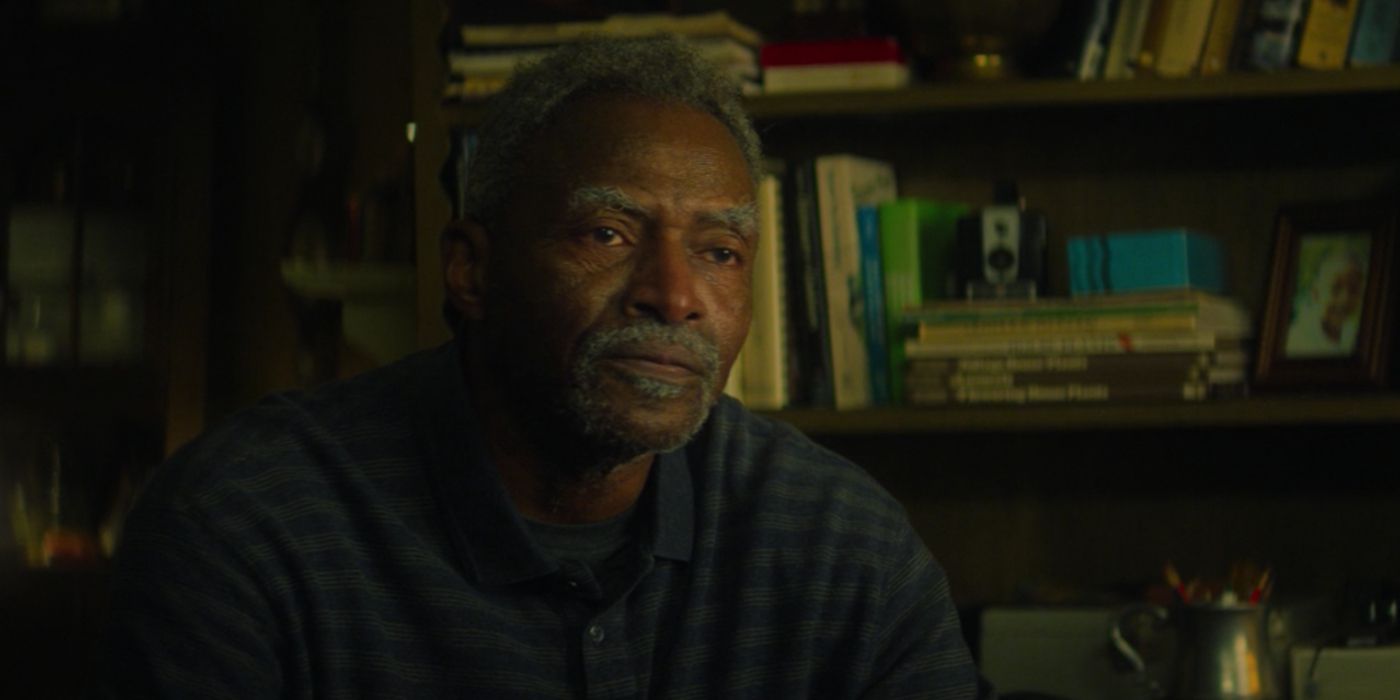
The experiences of all three men are collectively emblematic of the problems with the shield and why Sam Wilson didn't want to pick it up. Despite everything that Steve Rogers did while wielding the shield and holding the name "Captain America," he was only given the resources and the space to be a hero because of the fact that he was white. Not even a full ten years after Steve Rogers voluntarily received the Super Soldier serum, a young Black man was forcibly given it and then erased from the annals of history for rising out of his circumstance and using his condition to become a hero. Sam's frustration at the existence of the shield as a symbol comes from the fact that America's past is one of racism and prejudice, and the fixation on the importance of "preserving the symbol" comes from a place of ignoring that past.
Even in the modern day, not much has changed, exemplified by the pedestal that John Walker is put on simply for being an American soldier. Despite being obviously mentally disturbed and arrogant, Walker is chosen as the man for the job simply because he's a poster boy for homegrown American exceptionalism. As episode 6 draws close and fans get to see whether or not Sam will decide to don the mantle, an important part of his decision is how it will contribute to the complex legacy of (Captain) America moving forward, and whether or not he can reconcile its tainted past with a better future.
from ScreenRant - Feed https://ift.tt/2QiE6fC





No comments: